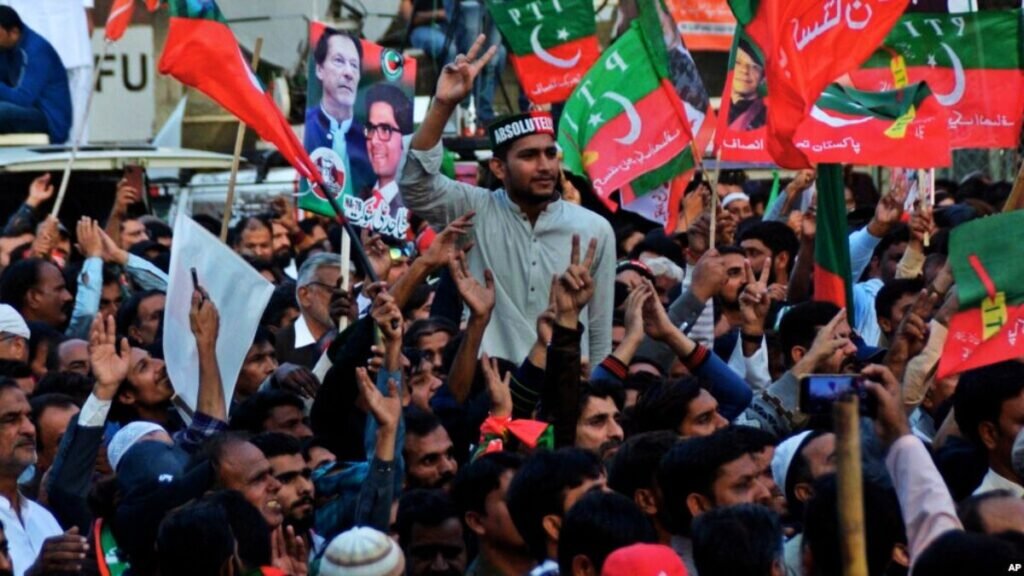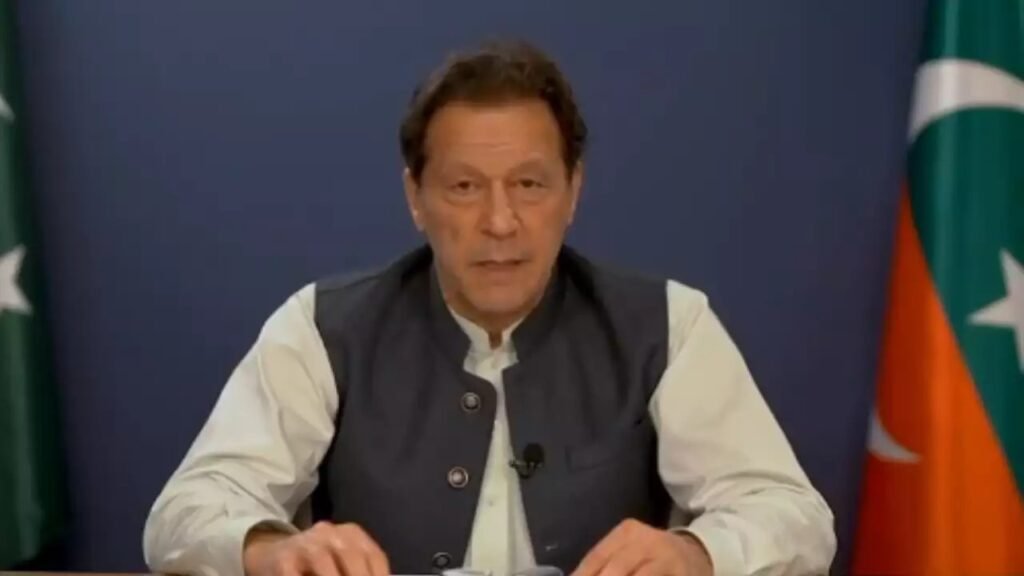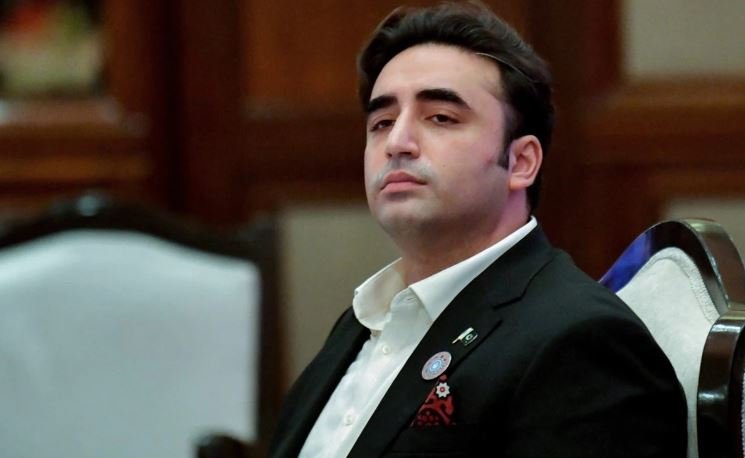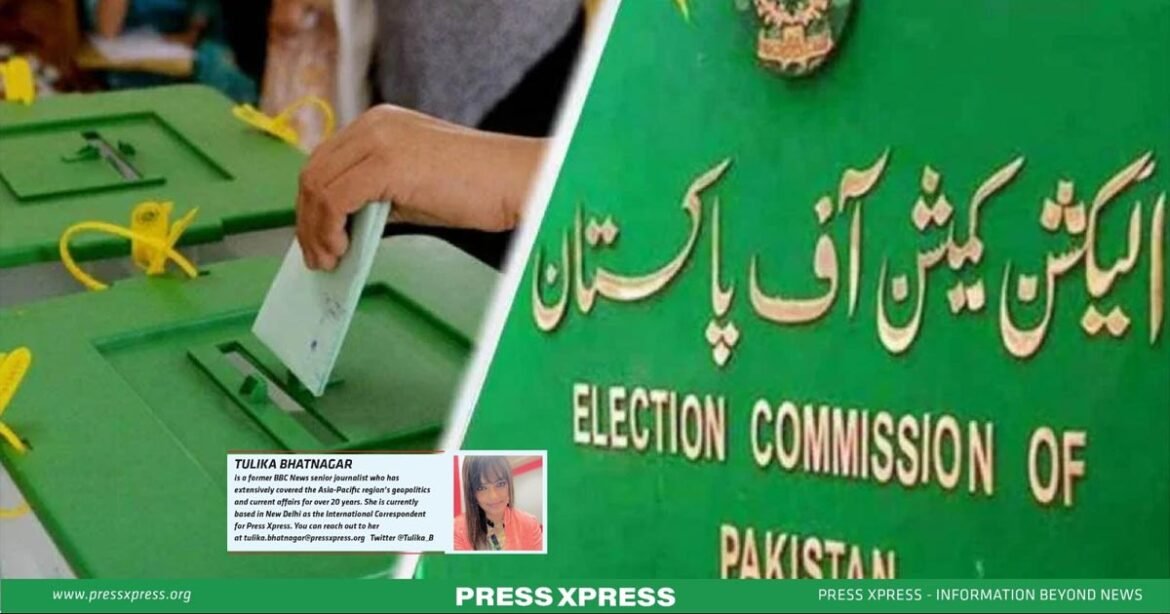An extraordinarily high number of candidates are enlisted to contest Pakistan’s upcoming general election, which is barely two weeks away.
According to a list released by the country’s election commission, nearly 18,000 candidates will fight for a little more than 1,100 seats on 8 Feb.
You Can Also Read: CAN NAWAZ SHARIF REVIVE A FRACTURED PAKISTAN?
That makes an average of 16 candidates per seat.
What’s more astonishing is that there are more than 11,000 independent candidates with only 6,000 competing under the banner of their respective political parties.

Fierce or farcical election?
Despite the fact that it is such a crowded election, experts are questioning its credibility and raising concerns about the absence of a level-playing field.
To begin with, former prime minister Imran Khan is jailed and barred from contesting the polls altogether.

He is not only the most prominent opposition leader but also a hugely popular legendary cricketer. Khan’s Pakistan Tehreek-e-Insaf (PTI) party was also deprived of its iconic “cricket bat” electoral symbol, after which it has been forced to field its candidates as independent, each one getting allotted a different symbol.
In fact, the PTI claims to have fielded at least 236 independent candidates.
“Fierce competition is not the only distinctive feature of the upcoming election,” observes Ahmed Bilal Mehboob, president of the Pakistan Institute of Legislative Development And Transparency.
“One may see a record-breaking push and pull to win over independent legislators,” he writes in an article published on the website of Pakistan news daily Dawn.
“What kind of effect such an exercise at such a large scale would have on the political landscape, especially on whatever little is left of ethics in politics?”
Former PM Khan has warned that the electoral exercise is nothing but a farce.
Verbally dictating an article from prison for US-based publication The Economist, Khan alleged that his party faced an unprecedented crackdown since 2022.
“My party’s leaders, workers and social-media activists were abducted, incarcerated, tortured and pressured. Many remain locked up,” Khan noted, adding that Pakistan is facing too many crises and “the only viable way forward” would be “free and fair elections”, which is now impossible.
The Big Picture
A rewind is necessary to understand the cyclical theatrics that come into play during Pakistan’s general election spectacle.
“In 2018, Nawaz Sharif was disqualified for life – (Imran) Khan aggressively led the opposition against the PML-N (Sharif’s party),” recalls Lahore-based lawyer Muhammad Rafeh Hyder.

Fast forward to early 2022, and the PML-N joined hands with another major opposition party, the PPP, and orchestrated the ousting of the then prime minister, Khan.

Calling it an interesting trend of 3Bs – banning, bashing, and bragging – between the major political parties, Hyder explains, “The PML-N is almost certain they will make a government. But in this game of political chess, not one of them is talking about the real issues – democracy, inflation, unemployment, power, and foreign affairs to name a few.”
“The real issues languish in the shadows.”
As the voting day nears, nearly 128 million eligible voters will face a nuanced choice.
The absent leader, Khan, continues to garner persistent, die-hard popularity among the people.
But the current game of thrones is being controlled by the ultimate authority, the Pakistan Army. It is no secret that the Oxford-educated Khan was brought in by the former Army chief Qamar Javed Bajwa to replace Sharif’s government in 2018.
And now, Sharif has been brought back to counter Khan’s growing popularity, after he fell foul with the military establishment.
The main question is whether this political extravaganza can deliver the country and its peoples a strong leader, who can uplift the economy and at the very least – complete the full five-year term. Not one Pakistani prime minister in the past has been able to do that.


